Intro
The Quarter Pony is essentially a smaller version of the Quarter Horse and stems from animals that didn’t meet the American Quarter Horse Association’s height requirement.
Read more
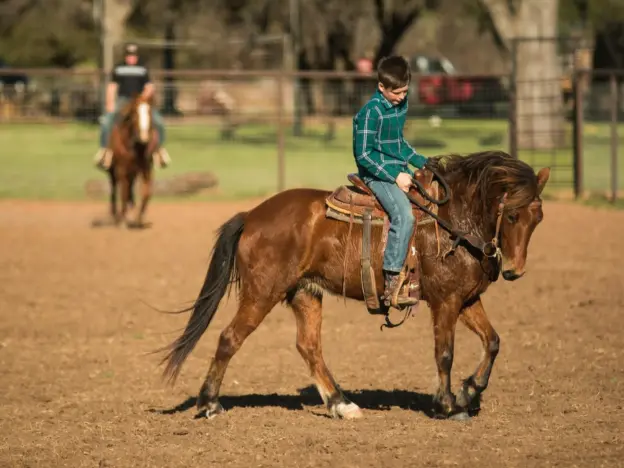
The Quarter Pony is essentially a smaller version of the Quarter Horse and stems from animals that didn’t meet the American Quarter Horse Association’s height requirement.
Read more
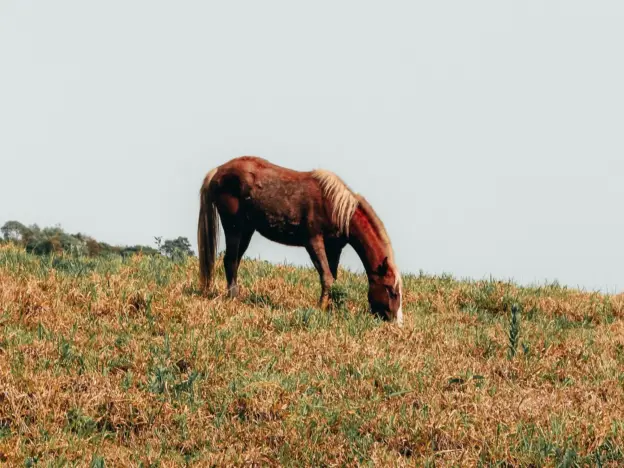
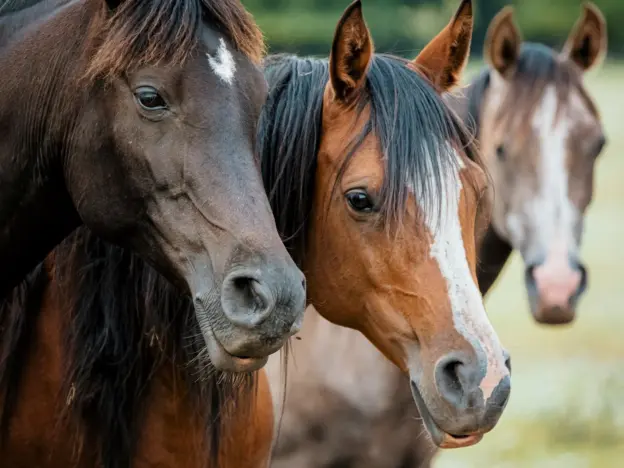
As with many of the breeds in Argentina, the Petiso Pony or Petiso Argentino is a Criollo cross, highly influenced by the local animals.
Read more
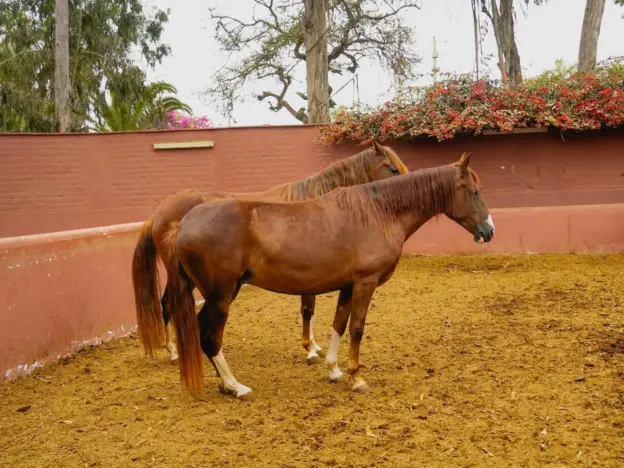
Predominately known for their unique, laterial gait, the Peruano de Paso, Costeño or Peruvian Paso is also a performer, one who can manage a high-stepping dancing action that almost makes its own music.
Read more
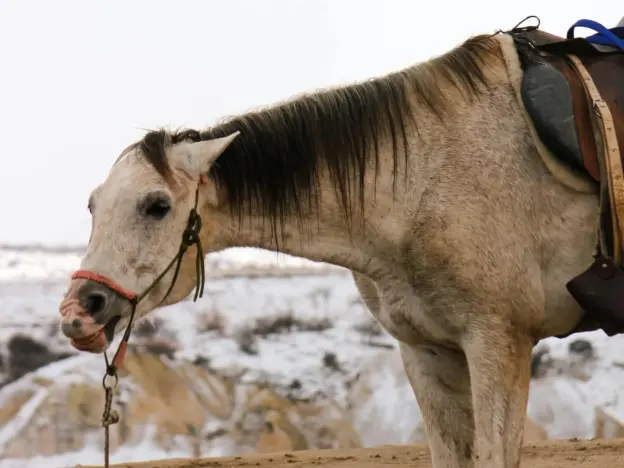
The Perkehner Horse is not a breed, but a special registry founded in 1988 that accepts misfit animals and breeds. Likely most registered animals are country bred types with no specific bloodlines.
Read more
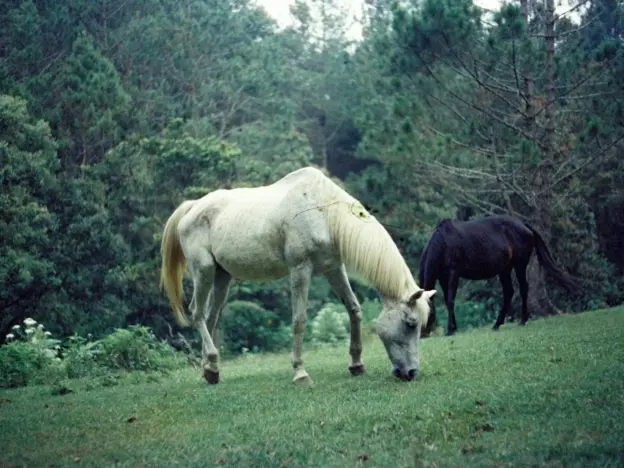
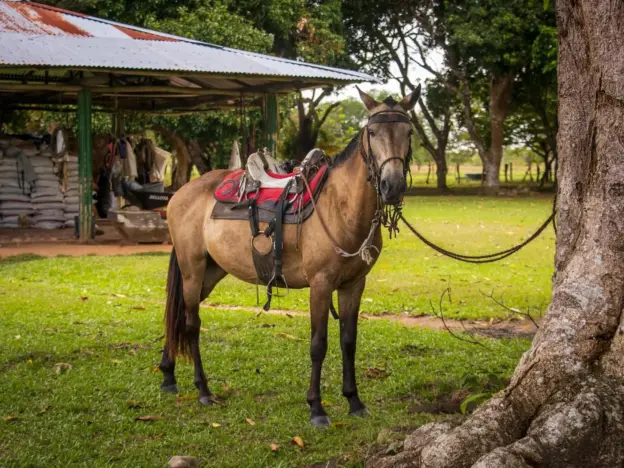
Paso Fino translates to ‘fine step’ and they are very clearly a breed apart from others as their fine step cannot be taught, it has to come through their genetics. The Paso is in fact distinguished by their four-beat lateral gait.
Read more
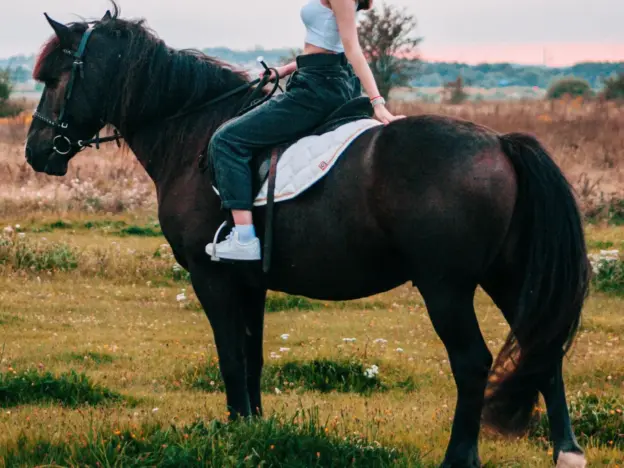
The Panje or Panjeskaya is a descendant of the Polish Konik horse and shares bloodlines with a group of small horses including the Hucul and Albanian.
Read more
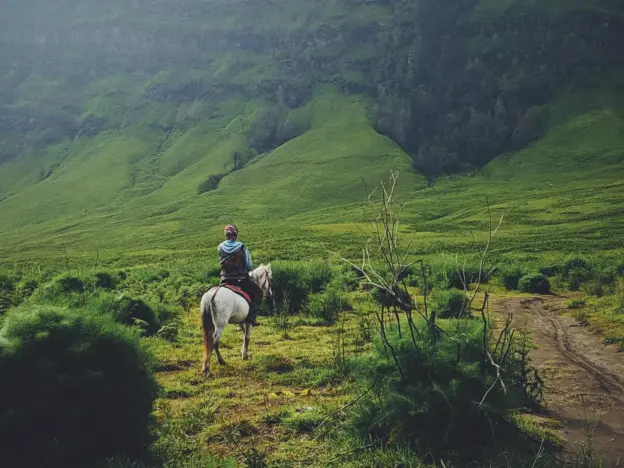
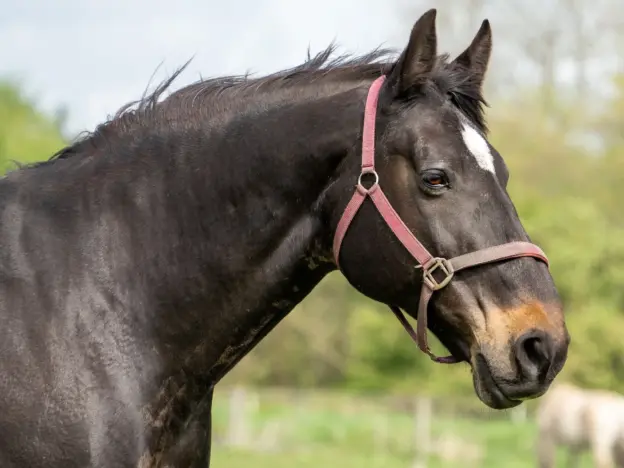
Initially the Oldenbuger was developed as a coach horse that was adaptable enough for agriculture work. Like many of the European competition horses, the bloodlines were developed over time to accommodate the changes in society.
Read more